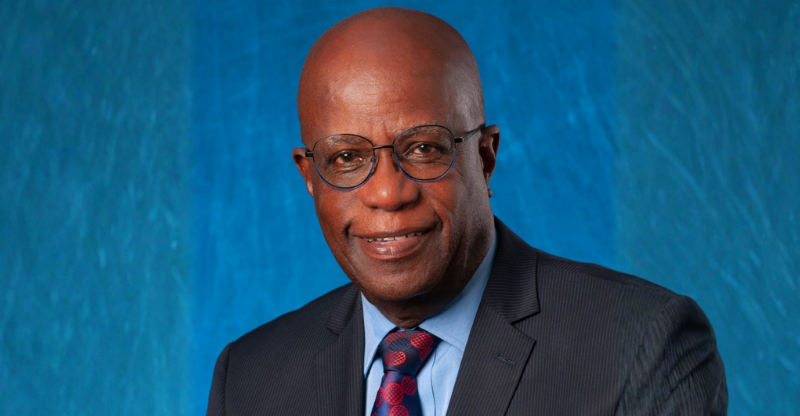Julian Rogers, a Barbadian-born broadcaster and regional commentator now residing in Belize, has lived and worked across the Caribbean, making him uniquely qualified to speak on Caribbean integration. His life has been shaped by the same movement that CARICOM is now formalizing through its Free Movement initiative, which he describes as “music to my ears.” The initiative, which allows citizens of member states to live and work freely across borders, was fully implemented on October 1 by Belize, Dominica, St Vincent and the Grenadines, and Barbados. Rogers refers to these nations as “the quartet in this choir of the Caribbean,” emphasizing their role in promoting regional unity. For Rogers, the initiative is deeply personal. “When I arrive at the airport in Belize, I’m stamped as a free movement person, entitled to all the benefits of a citizen,” he said. “No hassle. We are all one family.” Despite the clear benefits, 11 of the 15 CARICOM countries have hesitated to fully adopt the initiative. Rogers attributes this to bureaucratic hurdles rather than genuine risks. “We’ve implemented many measures administratively. You agree today, you act tomorrow, and Parliament follows,” he explained. Concerns about potential migrant influxes, particularly in Barbados, have proven unfounded. “In the first week, there were ten people,” Rogers noted. “People don’t just move without jobs, schools, or a way to sustain themselves.” For Rogers, the value of free movement extends beyond trade and policy—it’s about opportunity, especially for the region’s youth. “I moved out of Barbados at 20 and haven’t regretted it. This is an opportunity for young people to explore the Caribbean,” he said. He also highlighted the complementary economies of CARICOM nations, such as Belize’s agriculture and Barbados’ tourism, fostering a cycle of trade and innovation. While challenges remain, Rogers is optimistic. “I’ve seen it work. Immigration officers in Jamaica say, ‘Welcome home.’ CARICOM has conducted exercises to make this seamless,” he said. Despite recent diplomatic tensions, Rogers views free movement as a reminder of the importance of regional solidarity. “We are one Caribbean. Everyone outside the region sees us as one,” he concluded, urging collective effort to realize the dream of a borderless Caribbean.
Julian Rogers on free movement: ‘It’s taken us 70 years, let’s not waste it’
